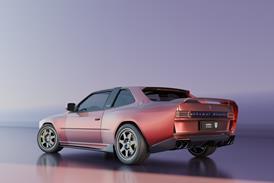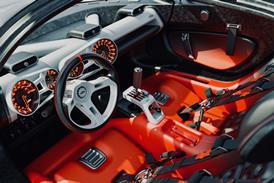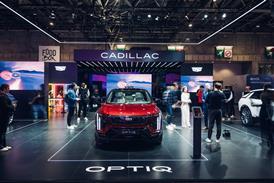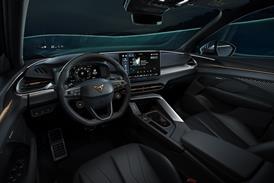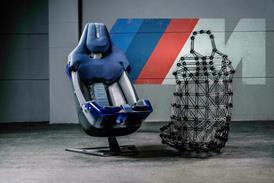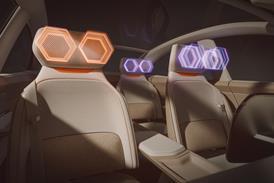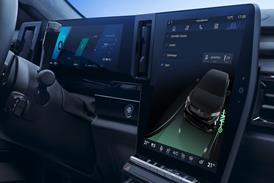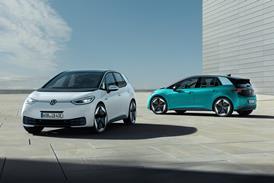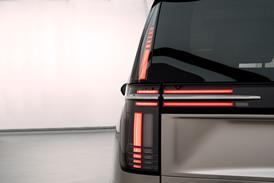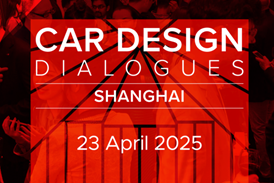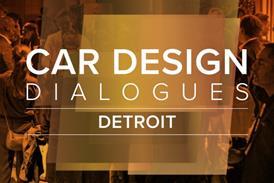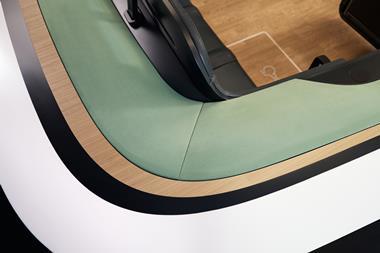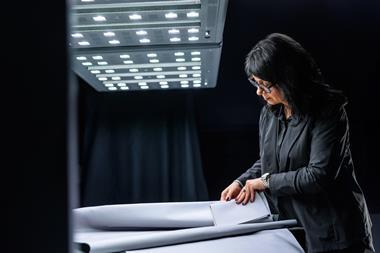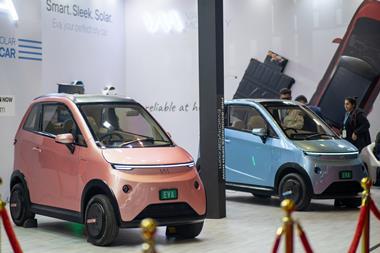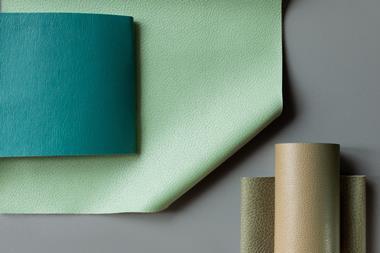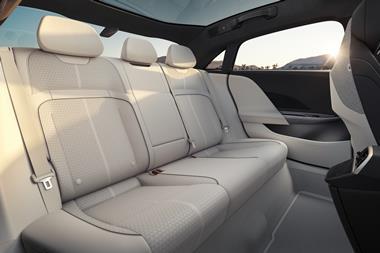When it comes to perceptions of quality of life with relation to mobility, the most important factor isn’t so much the type of service selected, or whether a vehicle is shared or owned: it’s the length of time that a passenger spends with the vehicle, the strategic research team at Yanfeng Automotive Interiors (YFAI) has found.
Different sets of priorities emerge in shorter interactions – such as car- or ride-sharing experiences lasting 15-20 minutes – than in traditional ownership experiences that may last for years, as well as in trips taking a few hours, during which passengers have other expectations.

YFAI’s Quality of Life research study involved 2000 online participants in the US, Germany and China, plus interview sessions (a workshop in Silicon Valley is pictured here). It looked at how consumers defined and prioritised quality of life, and the benefits they perceived for different forms of transportation and technologies.
“Recognising quality of life as a driver of change and innovation, it was critical for us to conduct a study around this global mega-trend, as a way to deepen our knowledge and understanding of its expected impact on consumer preferences of new mobility offerings,” says Tim Shih, vice president of design and strategic research, YFAI.

Three key influencers on quality of life – security, physical well-being and quality – were identified as near-universal, with mental well-being, freedom, emotional connections and family or friends also strong in all three countries surveyed.
However, there were subtle differences: German participants placed more priority on experiences, including leisure and ‘me time’, while in the US and China, interactions with 'things' were preferred and convenience, comfort and smart purchasing were also important. In the US, purpose and motivation were the key components for quality of life, with a focus on enjoyment and status, but environmental friendliness was the lowest priority; conversely, this was the most important component in China and Germany.

Quality of life values were found to change according to age of the consumer, but emotions, connections and relationships were important to all the age-groups. This, in turn, reflects on their preferred mobility choices: consumers perceive unique benefits to personal cars versus alternative transport options, based on how each deliver these quality of life factors. For example, personal transportation solutions bring convenience and freedom, but vehicle sharing was valued for reducing stress.
Chinese consumers were found to use vehicle sharing services the most, valuing the convenience and chance to relax while being chauffeured [mental well-being] followed by the Americans, who valued privacy, comfort and mental well-being, and then the Germans, but in all three countries, once people had tried such services, they tended to continue to use them.

The YFAI team says it became evident that traditional cars are not ideally suited to these new roles as shared shuttles for short timeframes. Designing the right vehicles and the right interiors is not only about understanding practical functions and features, but targeting and executing the right experience for a journey’s duration – having only 20 minutes to fulfil a brand, service or product promise to a passenger is a very different proposition to providing a long-term ownership experience, demanding a rethink of design, development, marketing and sales.
“We’re already in the design phase of our next concept – the XiM20, debuting next year – and this extremely valuable and unique consumer insight is influencing that project's development," says Tim Shih. "Not only that, it will inform YFAI’s future product innovations to elevate in-car experiences, whether the vehicle is shared or owned, and whether the interaction between passenger and vehicle lasts minutes, hours or years.”

Yanfeng Automotive Interiors (YFAI) is the global leader in automotive interiors. YFAI is redefining how people relax, work and play in their vehicle interiors today and decades from now. Established in 2015, Yanfeng Automotive Interiors is a joint venture between Yanfeng Automotive Trim Systems Co., Ltd, a wholly owned subsidiary of Huayu Automotive Systems Co., Ltd. (HASCO), the component group of SAIC Motor Corporation Limited (SAIC Motor), and Adient, the global leader in automotive seating.
Yanfeng Automotive Interiors (YFAI)

Established
2015
HQ
Shanghai
Global facilities
100, in 20 countries
Global employees
33,000








